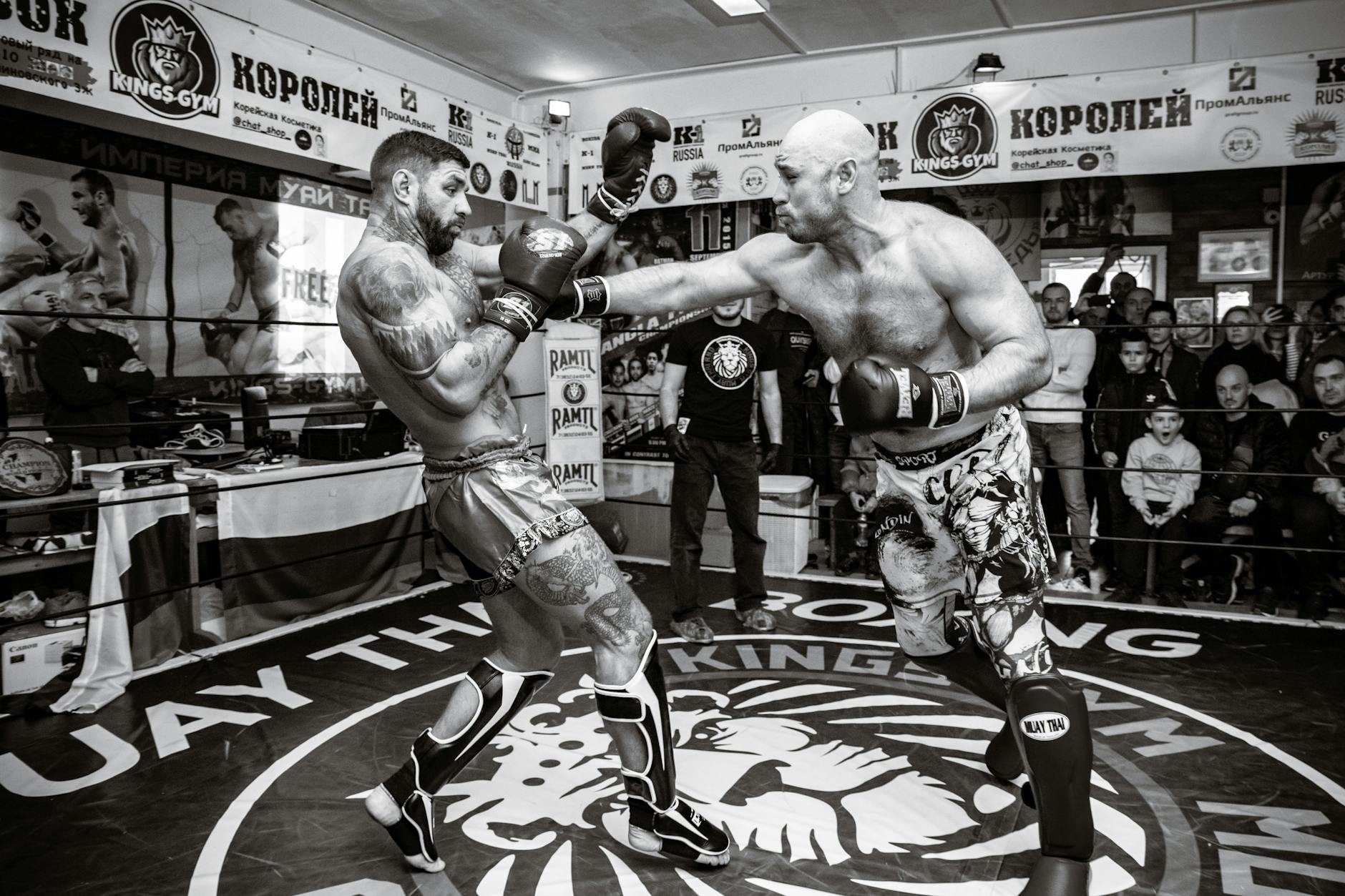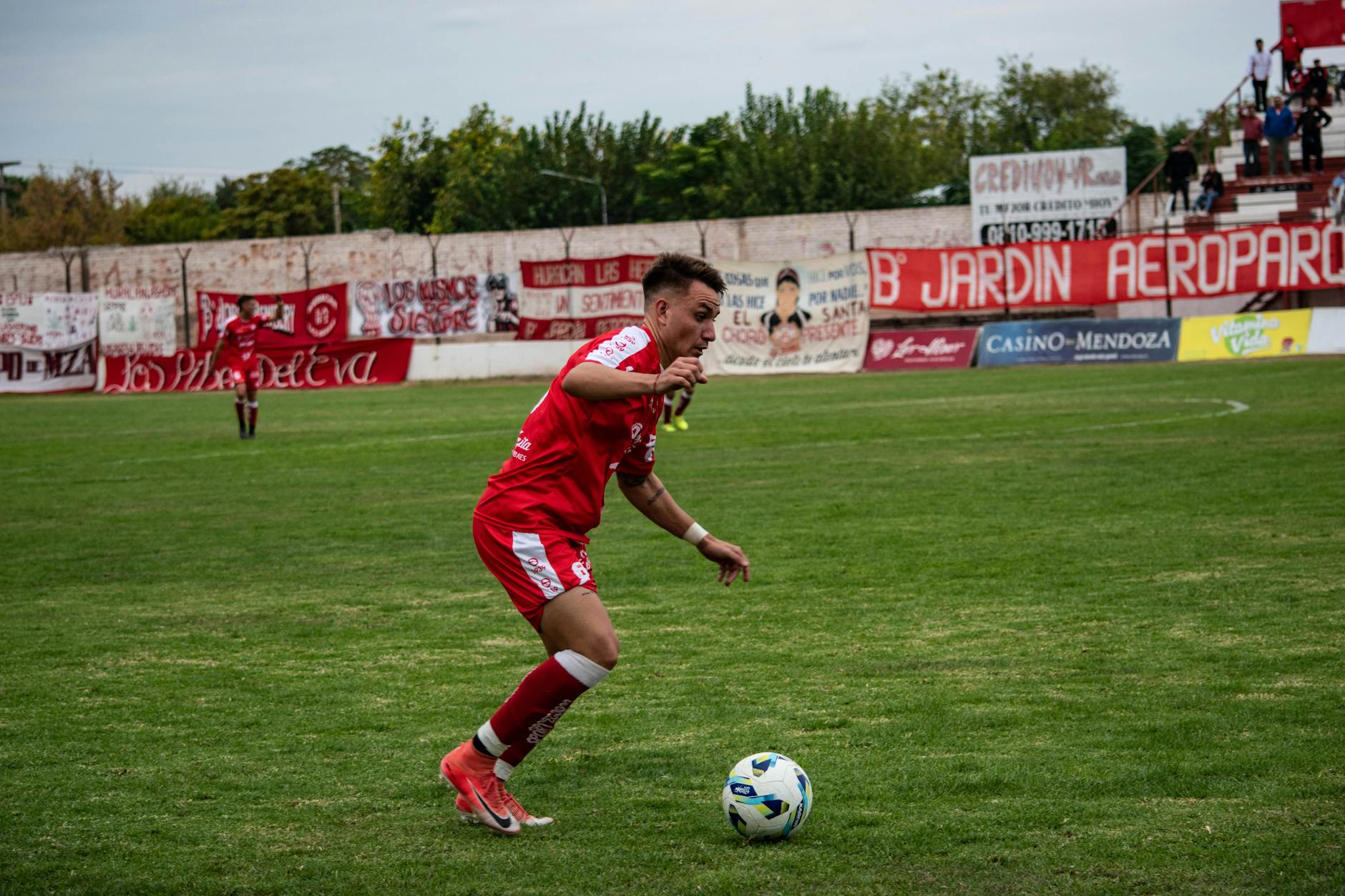Embracing the ‘Weirdo’: Tony Weaver Jr.’s Graphic Novel Journey to Mental Health and Literacy Advocacy
A memoirist’s mission to normalize self-expression and champion young readers.
In a world often pushing for conformity, Tony Weaver Jr. is making a compelling case for the opposite. His graphic novel memoir, “Weirdo,” serves not only as a deeply personal account of his own journey but also as a powerful catalyst for a broader conversation around youth mental health, self-acceptance, and the vital importance of reading literacy.
A Brief Introduction On The Subject Matter That Is Relevant And Engaging
Tony Weaver Jr.’s “Weirdo” is more than just a book; it’s an invitation. Through the vibrant and evocative medium of a graphic novel, Weaver Jr. shares his experiences growing up, navigating the often-turbulent waters of adolescence, and finding his unique voice. The term “weirdo,” often used pejoratively, is reclaimed by Weaver Jr. as a badge of honor, a descriptor for those who dare to be different, to think outside the box, and to embrace their authentic selves. This reclamation is central to his mission, aiming to dismantle the stigma associated with being perceived as “odd” and instead foster a culture of acceptance and celebration for individuality. The graphic novel format itself is a key element, making complex emotional themes accessible and engaging, particularly for younger audiences who may find traditional prose challenging.
Background and Context To Help The Reader Understand What It Means For Who Is Affected
The landscape of youth mental health is one that continues to evolve, with increasing awareness of the pressures and challenges faced by young people today. Adolescence is a critical period for identity formation, and societal expectations, peer influences, and personal experiences can all contribute to feelings of isolation, anxiety, and self-doubt. Weaver Jr.’s own background, detailed within “Weirdo,” illuminates these struggles. He recounts personal experiences that highlight the impact of feeling like an outsider, the internal battles fought with self-perception, and the search for belonging. By sharing these intimate details, he provides a relatable framework for young readers who may be grappling with similar emotions. The context of his work is also rooted in the broader issue of reading literacy. In an age dominated by digital media, fostering a love for reading, especially among young people, is a persistent challenge. Weaver Jr. understands that engaging content, like a compelling graphic novel, can be a powerful tool to reintroduce or deepen an appreciation for literature, thereby enhancing comprehension, critical thinking, and imagination.
In Depth Analysis Of The Broader Implications And Impact
The implications of Tony Weaver Jr.’s advocacy extend far beyond the pages of his graphic novel. By championing the “weirdo” within, he is subtly but effectively challenging societal norms that often penalize non-conformity. This has a ripple effect on mental well-being, encouraging individuals to embrace their quirks and passions without fear of judgment. For young people, this message can be transformative, empowering them to resist the urge to fit into predefined molds and instead to explore and express their true identities. Furthermore, his dedication to promoting reading literacy has significant societal benefits. A literate populace is a more informed, engaged, and critical populace. By making literature accessible and appealing through the graphic novel format, Weaver Jr. is contributing to a more robust educational foundation for the next generation. This can lead to improved academic performance, enhanced communication skills, and a greater capacity for empathy and understanding. The intersection of mental health and literacy is also crucial; strong literacy skills can provide outlets for emotional processing and self-discovery, while improved mental well-being can, in turn, foster a greater capacity for learning and engagement.
Key Takeaways
- Tony Weaver Jr. uses his graphic novel memoir, “Weirdo,” to promote self-acceptance and challenge the stigma around being different.
- The book serves as a personal narrative that resonates with young people facing similar struggles with identity and belonging.
- Weaver Jr. is actively involved in advocating for youth mental health awareness, aiming to create a more supportive environment for young individuals.
- His work also focuses on boosting reading literacy, utilizing the engaging format of graphic novels to encourage a love for literature.
- The core message is the empowerment that comes from embracing one’s unique identity and the importance of providing accessible resources for mental well-being and education.
What To Expect As A Result And Why It Matters
As Weaver Jr.’s message gains traction, we can anticipate a growing movement of individuals, particularly young people, who feel more emboldened to express their authentic selves. This could manifest in increased creativity, a greater willingness to engage in open dialogue about mental health, and a stronger sense of community among those who previously felt isolated. The impact on literacy is also significant; schools and educators may find “Weirdo” to be a valuable tool for sparking interest in reading and discussing themes of identity and resilience. The normalization of “weirdness” matters because it directly contributes to improved mental health outcomes. When individuals feel safe to be themselves, they are less likely to experience anxiety, depression, and isolation. Similarly, fostering strong literacy skills empowers individuals to navigate information, express themselves effectively, and participate fully in society. This is why Weaver Jr.’s multifaceted approach is so impactful, addressing both internal well-being and external engagement.
Advice and Alerts
For young readers and their families, the core advice stemming from Tony Weaver Jr.’s work is simple yet profound: embrace what makes you unique. Don’t shy away from your interests, your perspectives, or your “quirks,” as these are the very things that define you and can lead to your greatest strengths. If you or someone you know is struggling with mental health, remember that seeking support is a sign of strength, not weakness. Resources are available, and there are people who care and want to help. For educators and parents, consider incorporating graphic novels like “Weirdo” into your curriculum or home libraries. They offer a powerful and accessible way to discuss important themes with young people. Be mindful of the language used to describe individuality; actively work to create an environment where differences are celebrated rather than discouraged.
Annotations Featuring Links To Various Official References Regarding The Information Provided
For further exploration and support, please refer to the following resources:
- Learn more about Tony Weaver Jr.’s graphic novel “Weirdo”: Today.com Article
- National Alliance on Mental Illness (NAMI): Provides information and support for mental health conditions. NAMI.org
- The Jed Foundation (JED): A non-profit that protects emotional health and prevents suicide for teens and young adults. JedFoundation.org
- National Center for Education Statistics (NCES) – Literacy Statistics: Offers data and insights into reading literacy trends. NCES.ed.gov
- Comic Book Legal Defense Fund (CBLDF): Promotes the freedom to read and defends the First Amendment rights of the comic book medium. CBLDF.org


























